Free enterprise cannot be justified as being good for business. It can be justified only as being good for society
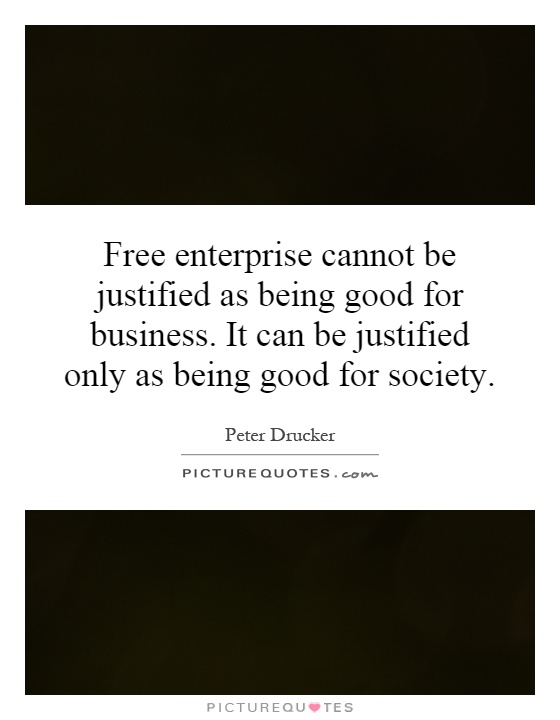
Free enterprise cannot be justified as being good for business. It can be justified only as being good for society
Peter Drucker, often referred to as the father of modern management, was a strong advocate for the idea that free enterprise should be justified not just as being good for business, but as being good for society as a whole. Drucker believed that the purpose of a business was not just to make a profit, but to serve the needs of society and contribute to the common good.In his book "The Practice of Management," Drucker argued that businesses exist to create customers, and that the ultimate goal of a business should be to create value for society. He believed that businesses should focus on meeting the needs and wants of customers, rather than just maximizing profits. Drucker believed that businesses that focused on creating value for society would ultimately be more successful in the long run.
Drucker also believed that businesses had a responsibility to society beyond just making a profit. He argued that businesses should be good corporate citizens, and should contribute to the well-being of the communities in which they operate. Drucker believed that businesses should be ethical in their dealings with customers, employees, and the environment, and should strive to make a positive impact on society.
In his book "Management: Tasks, Responsibilities, Practices," Drucker wrote, "The purpose of a business is to create and keep a customer. It does so by providing something of value to the customer. It does so by providing something the customer wants and is willing to pay for." Drucker believed that businesses that focused on creating value for customers would ultimately be more successful than those that focused solely on making a profit.
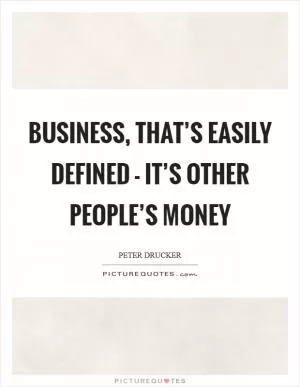
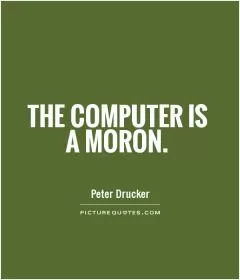
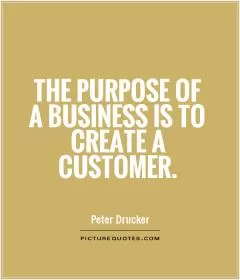
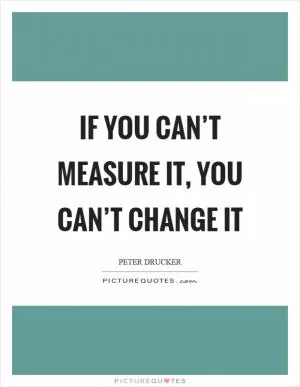
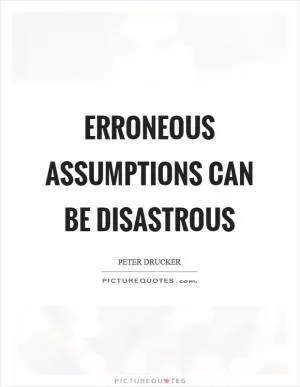

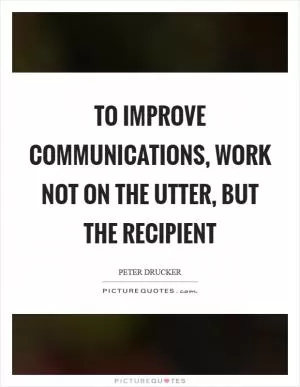

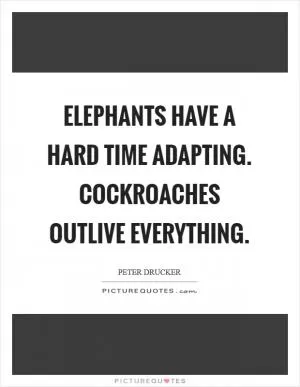
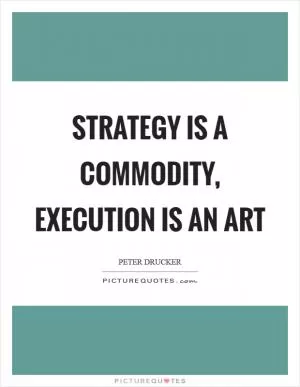

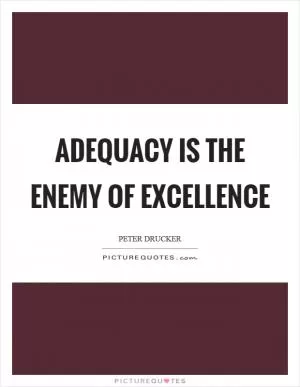
 Friendship Quotes
Friendship Quotes Love Quotes
Love Quotes Life Quotes
Life Quotes Funny Quotes
Funny Quotes Motivational Quotes
Motivational Quotes Inspirational Quotes
Inspirational Quotes